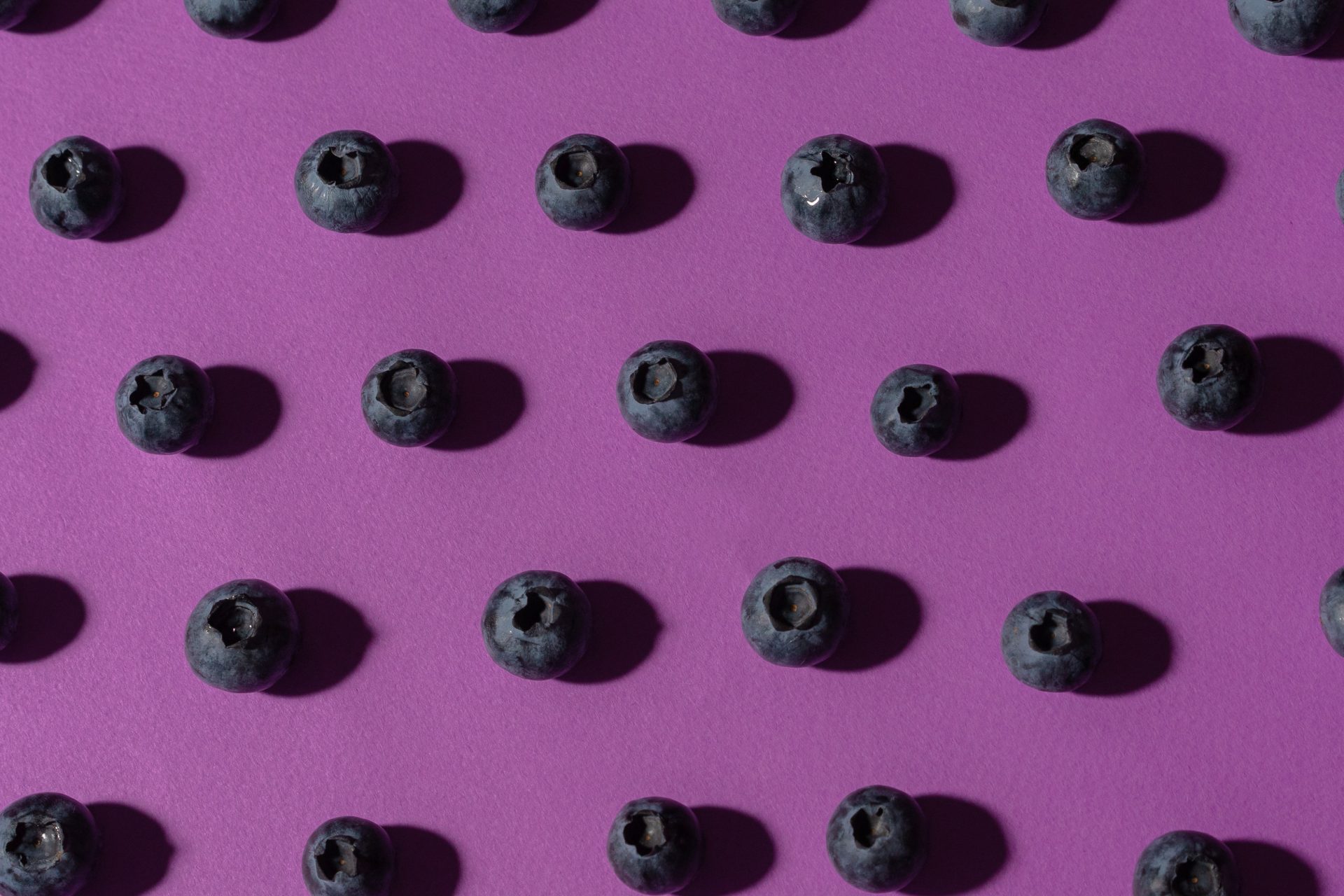
Hoping to feel better after changing your diet? Here’s how long it takes to really see the impact of nutrition.
We turn to food to give all aspects of our body and brains a boost, from our energy to our skin and, of course, our digestion. While it’s true that what we eat has a large impact on our health, waiting for the benefits of your meals to kick in can be frustrating. If you’ve prepped an energising breakfast that you’re hoping will perk you up, you’ll know the struggle all too well.
Is it true that one meal can make a difference, or does food need longer to work its magic? “That depends entirely on the food choices you make and what you’re hoping to get from them,” explains consultant dietitian and director of City Dietitians Sophie Medlin. “That’s also true because adding or taking away foods can have a different impact initially to how it impacts you over time.”
You may also like
Nutrition tips: how our nutritional needs change as we age
Medlin explains that people who cut out all meat sources may initially feel great due to the influx of vitamins, but if they aren’t substituting with the correct alternatives, may end up feeling depleted from the lack of iron and B vitamins within a few weeks.
How fast does food work?
Stimulants can have an instant impact on the body – just think about how fast coffee hits you. But it turns out that food has the same fast-working effect. While this is often thought to be down to the boost in energy thanks to feeding your body with calories, there are also certain nutrients that can quickly impact how the body works.
For example, 200g of blueberries have been shown to improve brain concentration within 90 minutes. According to a 2011 study, it’s because blueberries almost immediately increase nitric oxide production and improve the flexibility of the blood vessels, allowing for an increase in blood flow to the brain.

The timing of your nutrition can also impact how well they work: the body is best set to improve protein synthesis before 10am, and may best utilise carbohydrates around your workout. On a general level though, Medlin notes that the body can work impressively fast: “For example, if you’ve had a heavy period and eat a dinner really high in iron, the body will almost immediately start to work on producing more blood cells,” Medlin says. However, while the organs will notice the impact immediately, it may take longer for the individual to feel the benefits.
It’s why she suggests increasing the nutrients for a longer period of time – such as eating more iron in the days before your period so you don’t experience the energy peak and trough that comes from being low in the nutrient. But most nutrition still only takes days or weeks to work, rather than months.
You may also like
Iron deficiency: why active women are at risk of low iron and anemia
For example, a 2011 study found that drinking 600ml of a sugar-sweetened beverage every day for three weeks significantly increased inflammatory markers in the body by between 60-109%. It’s an interesting insight into the fact that it just takes one change to impact health, rather than an extreme overhaul.
Yet, Medlin is keen to prove that nutrition really does work best in the long run. “I’d wait out a diet change for a month to really see the impact of it on your body, and remember that any restrictive diet will result in low energy or poor functioning. When it comes to improving nutrition, we need to ensure we are getting enough of everything – enough calories, enough variety, enough vitamins and minerals – rather than focus on just one element.”
You may also like
Low energy: how to properly fuel your body to complement your exercise
In the same way that eating one meal that lacks fibre won’t back you up, eating one meal high in fibre won’t automatically improve your digestion. Back to the blueberries: a 2017 study found that having blueberries every day for 12 weeks resulted in long-term mood changes and improved memory. And we’d rather feel good for life, rather than for one afternoon.
Images: Pexels
Source: Read Full Article